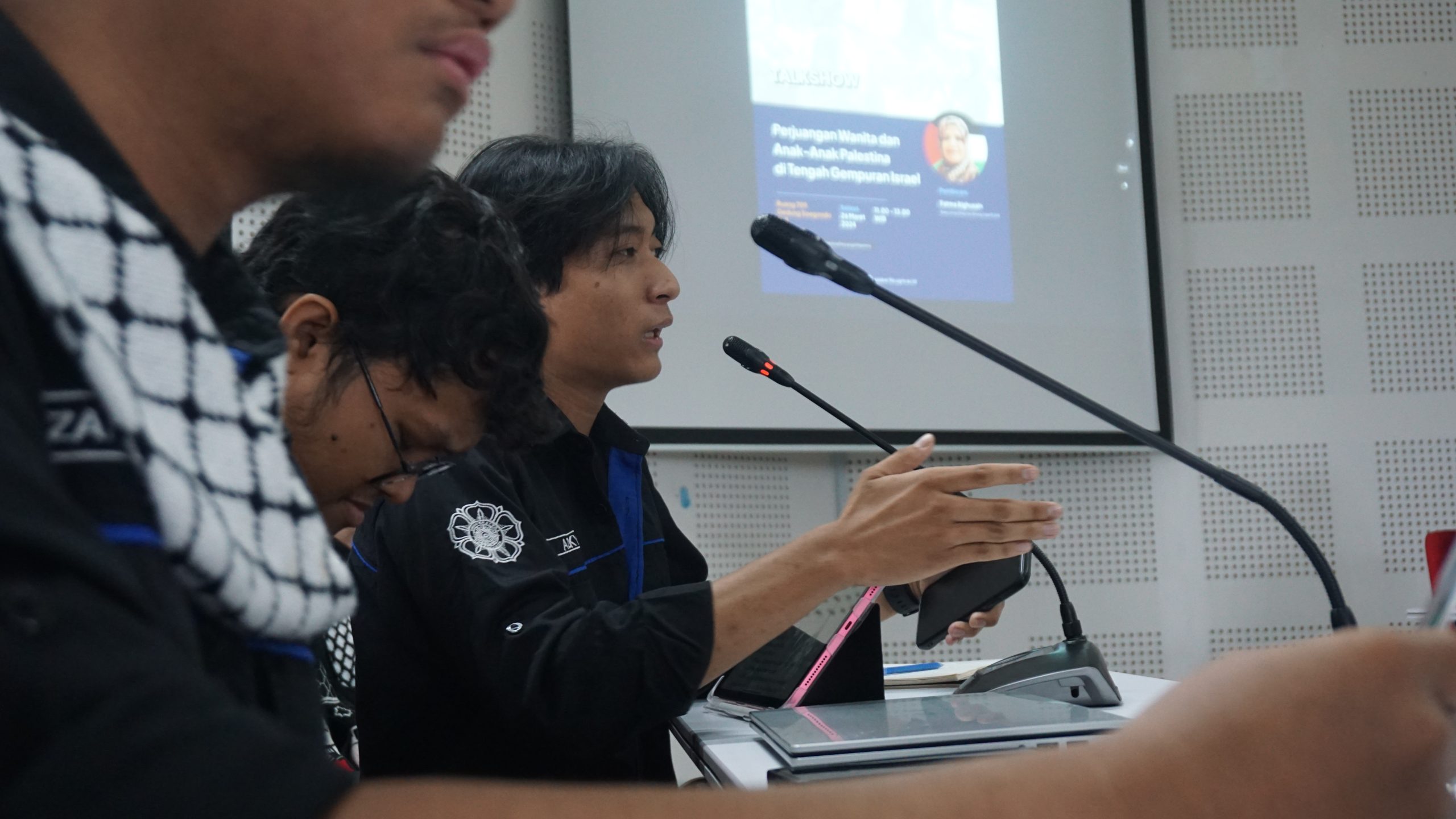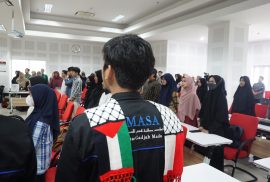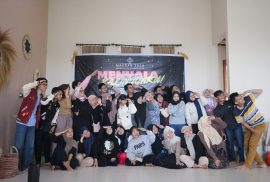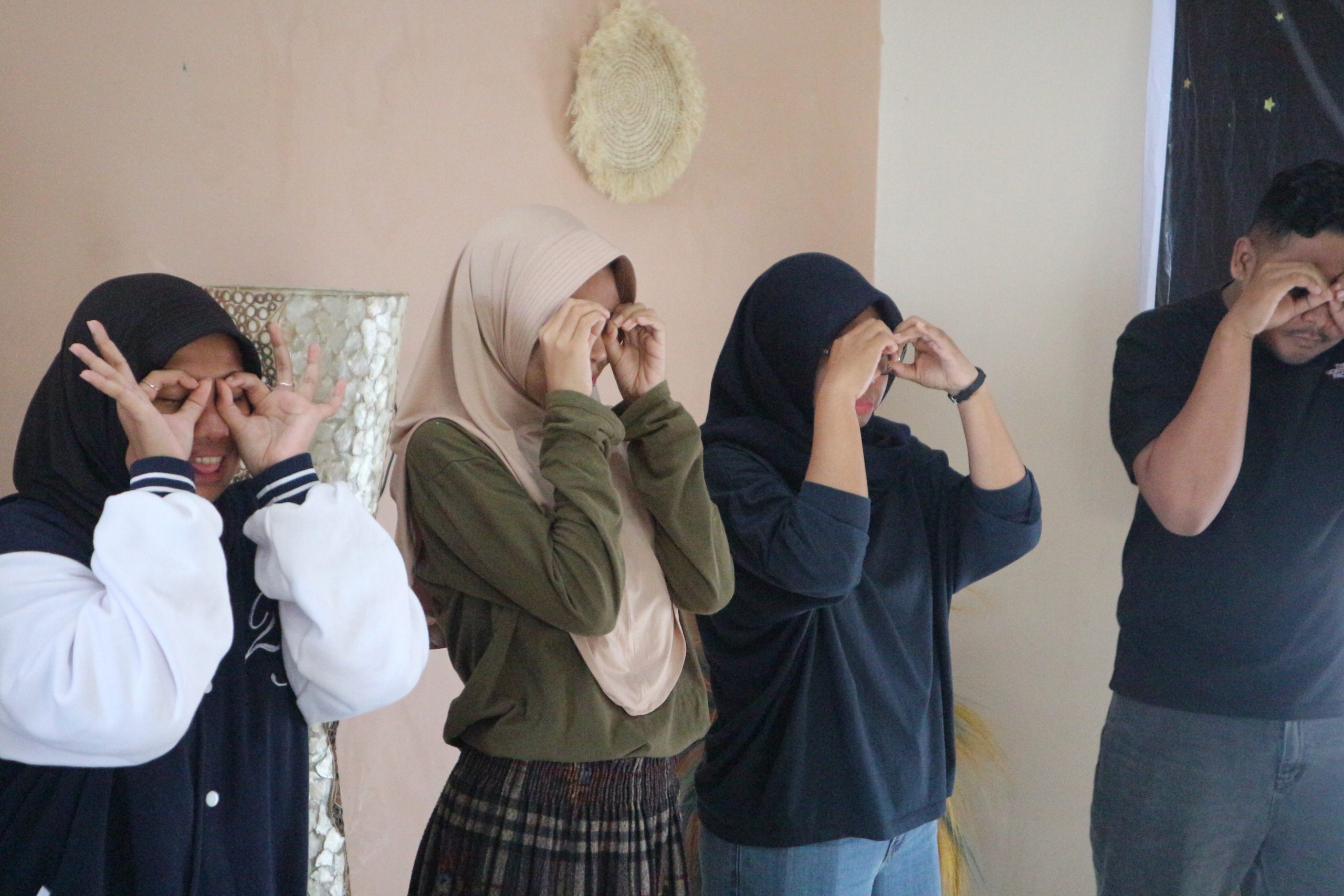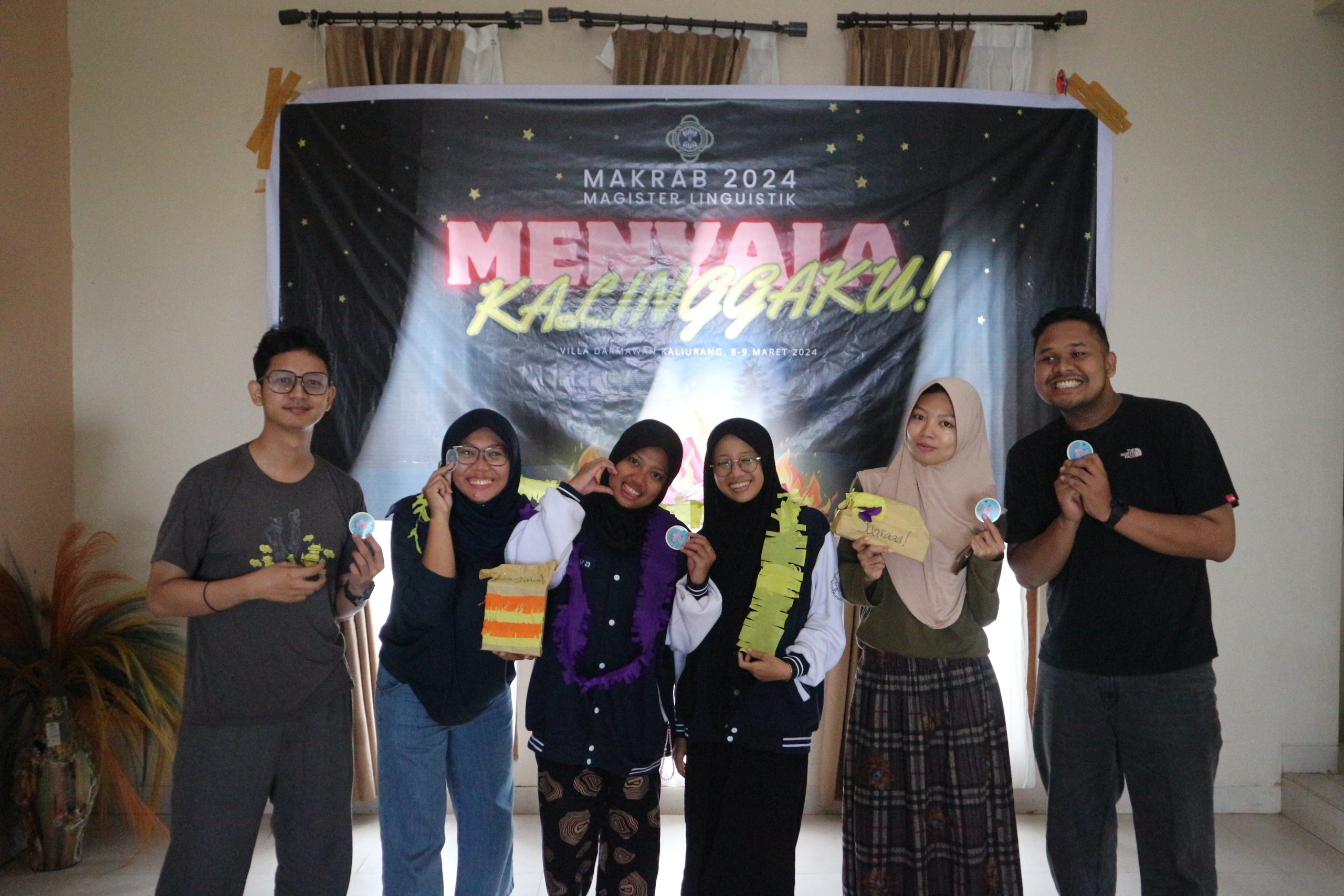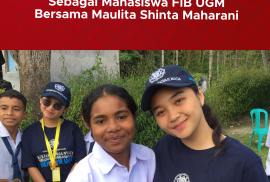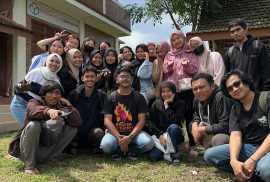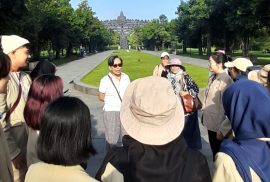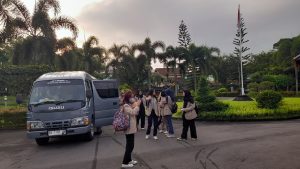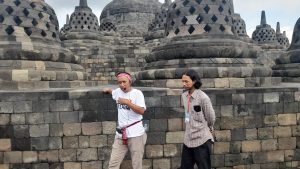SDG 2: Zero Hunger | SDGs 2: End hunger | SDG 5: Gender equality | SDGs 5: Equality | SDG 6: Clean water and sanitation | SDGs 6: Clean water | SDG 10: Reduced inequalities | SDGs 10: Children | SDG 11: Sustainable cities and communities | SDGs 11: Community | SDG 16: Peace, justice and strong institutions | SDGs 16: Conflicts | SDG 17: Partnerships for goals | SDGs 17: Global partnership
In the midst of the raging conflict, the Palestinian people continue to struggle tirelessly to survive. To find out more about their condition and struggle, students of the Faculty of Cultural Sciences, Universitas Gadjah Mada attended a TALK SHOW entitled “The Struggle of Palestinian Women and Children Amidst the Israeli Onslaught” with FATMA ALGHUSAIN as the guest speaker. She is the Executive Director of Amna Care Fund, an organization that helps the Palestinian people, especially women and children. “I have experienced four wars while living in Palestine. But this one is not a war. This is genocide!” She said. Mrs Fatma Alghusain also explained the current situation in Palestine.
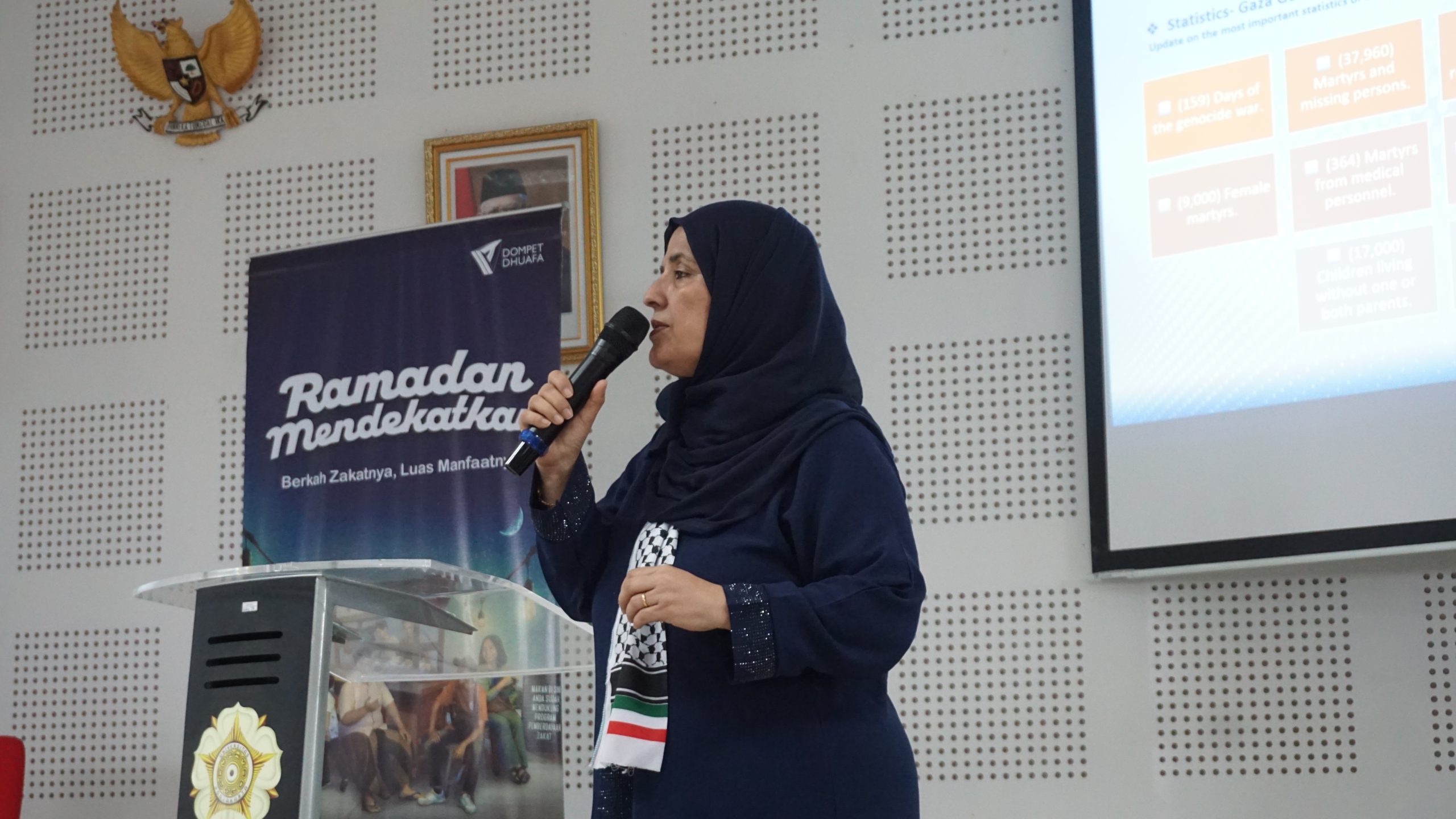
This activity will be held on Tuesday, 26 March 2024 at 11.00 – 13.00 WIB at Soegondo Building 709 for participants who can attend offline, and via the zoom link for participants who can only follow the event remotely or online. As a form of solidarity for the freedom of the Palestinian people, talk show participants can also prepare their best infaq. In addition to students, the event was also attended by the Head of Arabic Literature Study Programme UGM, Dr Zulfa Purnamawati, S. S., M.Hum. and Mr Imam Hidayat, S.Pd.I., M.Pd. as a representative of Dompet Dhuafa Yogyakarta. After the Q&A session ended, the Head of Arabic Literature UGM handed over souvenirs to the speakers. With this cooperation between the Arabic literature programme and the Dompet Dhuafa, it is hoped that it can make people aware of the current conditions in Palestine.
